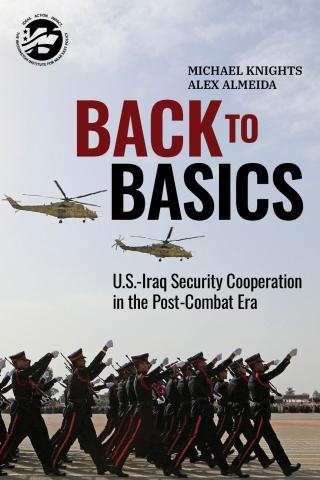by Michael Knights, Alex Almeida
News sources quoted from: The Washington Institute
Questions about the viability of the Iraqi security forces—brought into sharp focus by the U.S. withdrawal from Afghanistan—require a data-led analysis of where the forces are today and what mix of U.S., NATO, and European efforts can help them thrive in the future.
- Policy Analysis
- Policy Focus 170
Media www.rajawalisiber.com – The August collapse of the Afghan National Security Forces shook the world’s faith in U.S. security cooperation, prompting hard questions about similar arrangements with Iraq.
In a country where the United States has been training forces for two decades, officials need straight answers. How resilient are today’s U.S.-supported Iraqi security forces, and could they operate with gradually reduced American support? What kind of near-term Iraqi force development should the coalition credibly expect to see? And how should U.S.-led security cooperation evolve after the December “transition of mission” to a non-combat role?
In this urgently applicable Policy Focus, longtime ISF watchers Michael Knights and Alex Almeida provide a data-led analysis of where Iraq’s security forces are today, how they will look tomorrow, and what mixture of U.S., NATO, and European efforts can ensure the best result commensurate with American interests. The roadmap they outline shows how Baghdad can ultimately achieve enduring victory over the Islamic State and overmatch the domestic opponents of a sovereign, stable, and democratic Iraq.


